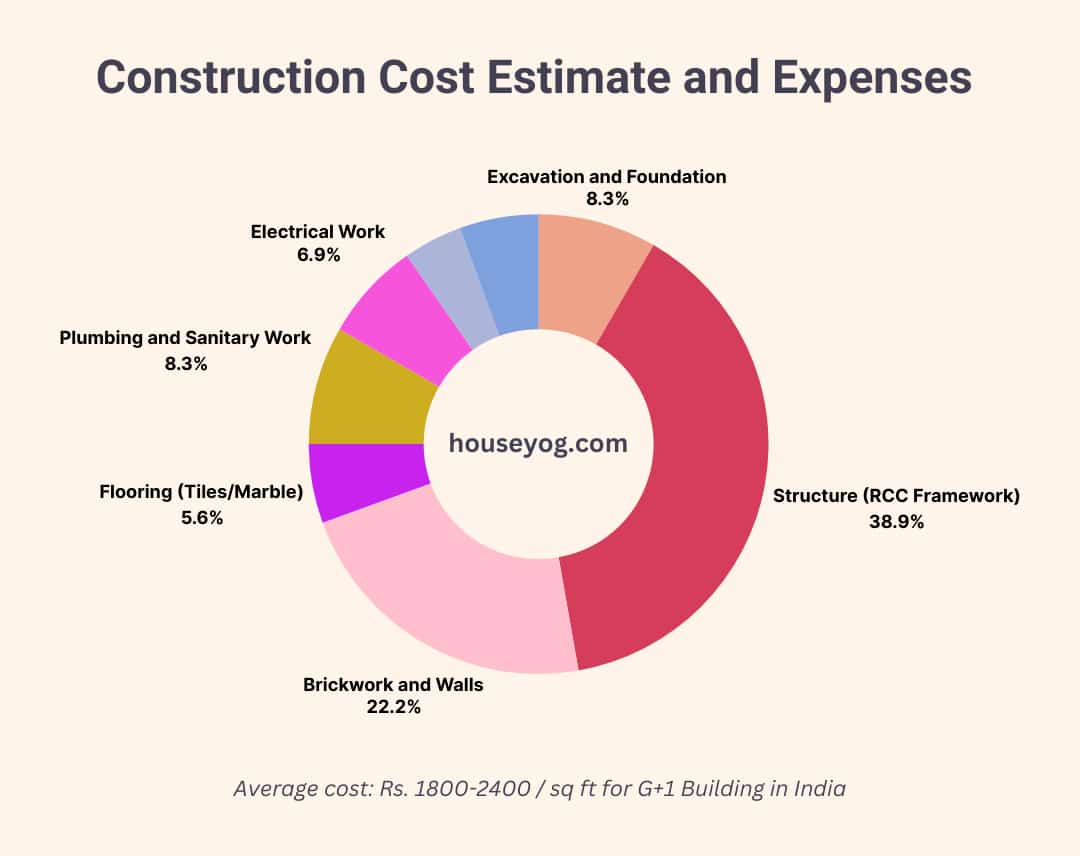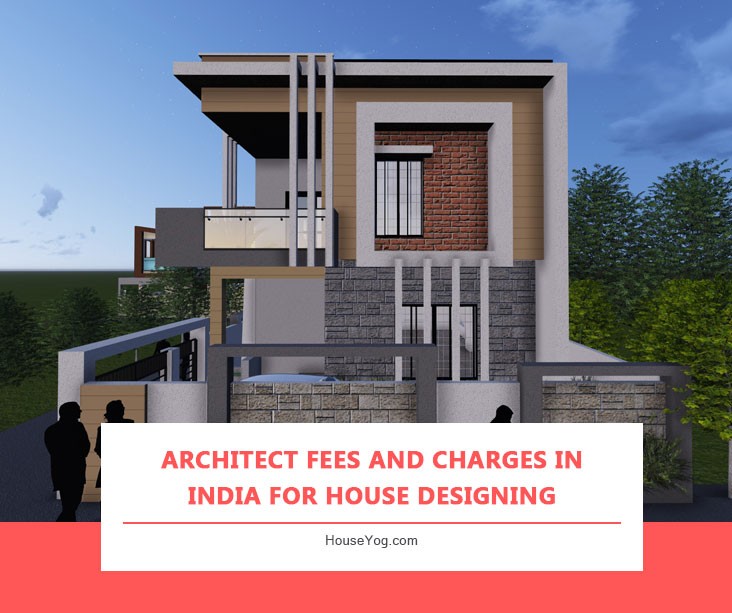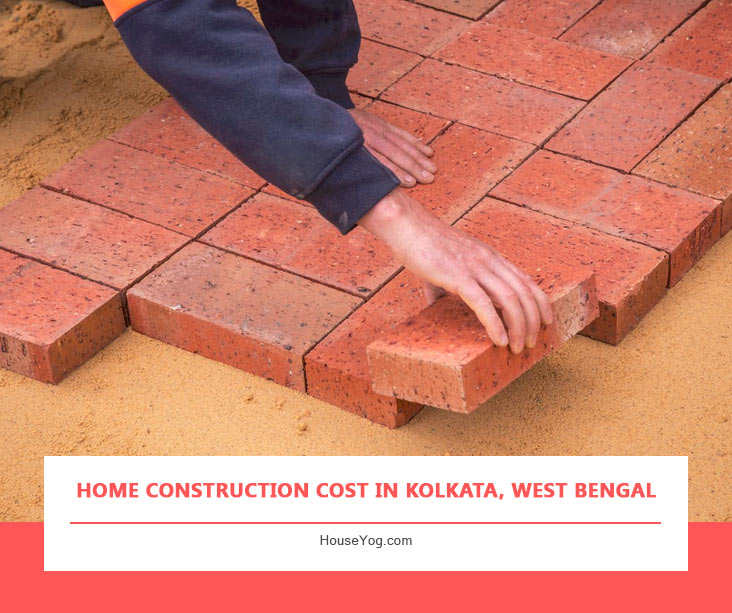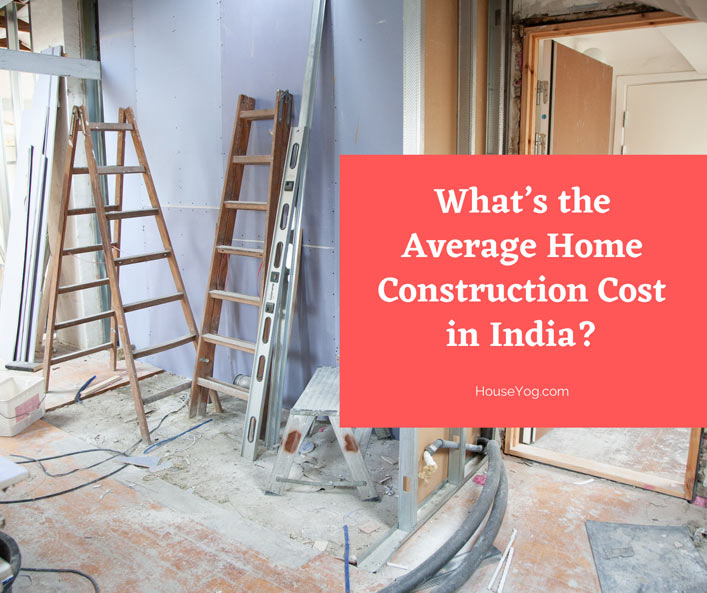Building your dream home is an exciting journey, but it requires careful planning and budgeting. If you’re a new or aspiring homeowner planning to construct a medium-sized house like a G+1 building with a 1500 sq. ft. built-up area, understanding the costs involved is crucial. In this guide, we’ll break down the house construction cost in India, covering all factors that influence the total expense and providing a clear estimate to help you plan better.
At Houseyog, we’ve successfully completed several residential projects in Bihar and Jharkhand, including recently completed G+1 houses in Darbhanga and Bokaro. With our hands-on experience and in-depth understanding of the local construction landscape, we’re here to provide you with accurate insights and practical tips to make your home construction planning and budgeting smooth and cost-effective.
Factors Affecting House Construction Costs
Understanding the key factors that influence house construction costs can help you plan your budget more effectively and avoid unexpected surprises. Here’s a detailed breakdown of the most significant cost determinants:
Project location
Urban cities generally have higher construction costs due to elevated labour charges and material prices. Semi-urban and rural areas often have lower labour costs, but transportation expenses for materials may rise, especially in remote locations.
Raw materials prices
The quality and grade of materials significantly impact construction costs. Premium-grade cement, steel, and tiles are more expensive but ensure better durability and longevity. Fluctuations in raw material prices, driven by market demand and supply, can also affect your construction budget.
Labour Charges
Skilled labour costs vary depending on the region, with urban areas typically incurring higher charges than rural areas. Labour costs cover essential tasks such as masonry, carpentry, plumbing, electrical work, and painting.
Type of Construction
The cost of constructing a framed structure (RCC) is higher than building with load-bearing walls due to the need for more materials and structural support. G+1 and G+2 buildings involve additional expenses for foundation footing and piling to support the structure.
Additional Costs
Planning for additional expenses is crucial for managing your project efficiently. Here are a few often-overlooked cost heads:
- Material transportation: Costs for carrying materials to the construction site, especially for remote areas or higher floors in multi-story buildings.
- Contingencies: Unexpected expenses such as design modifications, government fees for building plan approvals, or unforeseen repairs.
- Finishes: High-end finishes like designer tiles, modular kitchens, and imported fittings can substantially increase costs. It’s common to opt for higher-quality finishes while shopping, so allocating a contingency fund in your budget is wise.
Cost Breakdown for a 1500 sq. ft. G+1 House Construction Project
Below is a detailed cost estimate for a 1000 sq. ft. G+2 building to provide clarity.
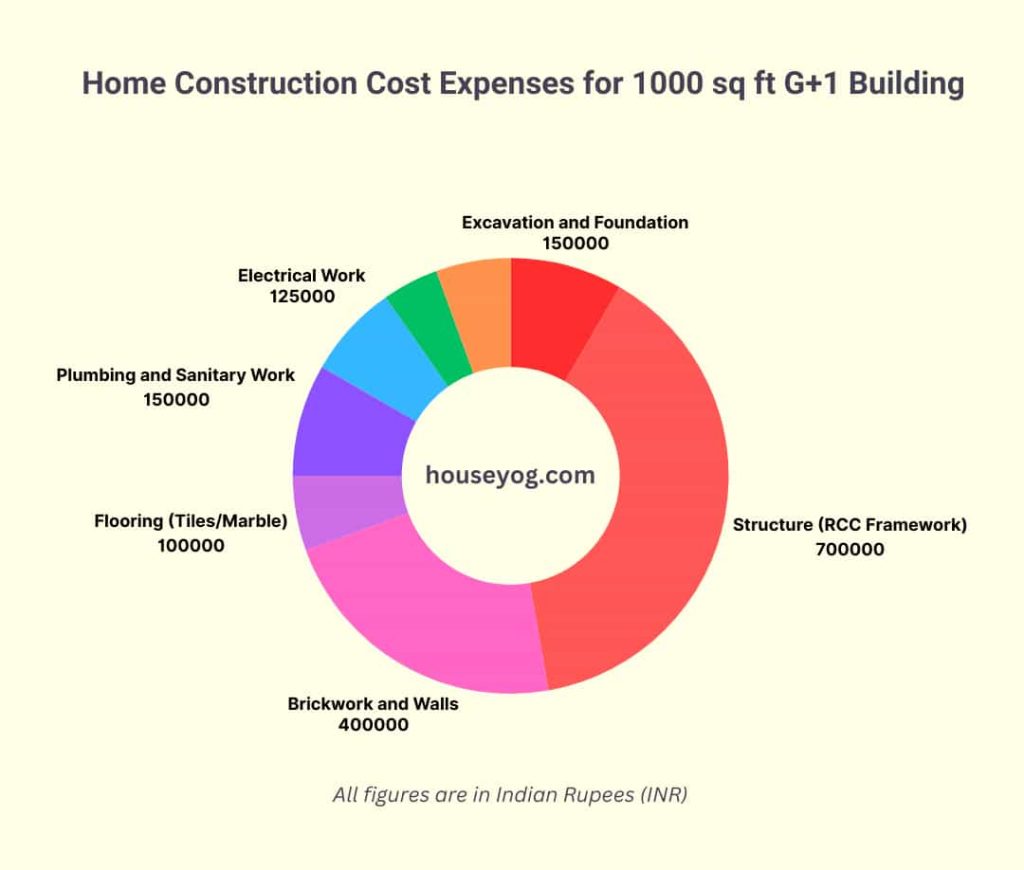

These costs can be scaled up for a 1500 sq. ft. G+1 house or any other size of the house.
| Category | Avg Cost per sq. ft. | Total Cost for 1000 sq. ft. |
| Excavation and Foundation | Rs. 150 – 200 | Rs. 1,50,000 – 2,00,000 |
| Structure (RCC Framework) | Rs. 700 – 900 | Rs. 7,00,000 – 9,00,000 |
| Brickwork and Walls | Rs. 400 – 500 | Rs. 4,00,000 – 5,00,000 |
| Flooring (Tiles/Marble) | Rs. 100 – 150 | Rs. 1,00,000 – 1,50,000 |
| Plumbing and Sanitary Work | Rs. 150 – 200 | Rs. 1,50,000 – 2,00,000 |
| Electrical Work | Rs. 125 – 150 | Rs. 1,25,000 – 1,50,000 |
| Painting and Finishing | Rs. 075 – 150 | Rs. 75,000 – 1,50,000 |
| Miscellaneous Costs | Rs. 100 – 150 | Rs. 1,00,000 – 1,50,000 |
| Total | Rs. 1800 – 2400 | Rs. 18,00,000 – 24,00,000 |
Tips to Manage House Construction Costs Effectively
Planning to build your dream home? Proper insights and strategies can help you save money, avoid delays, and ensure a smooth construction process.
Here’s an in-depth guide to key tips that every homeowner should know:
Plan for Contingencies
Construction projects often encounter unexpected expenses, such as price hikes for materials, changes in design, or unplanned repairs.
- Budget Allocation: Set aside 10-15% of your total budget as a contingency fund to handle unforeseen costs.
- Proactive Planning: Regularly review your project’s progress and expenses to identify potential risks early and make adjustments.
Opt for Trusted Quality Materials
Choosing high-quality materials may increase initial costs but offers significant benefits in the long run.
- Durability: Premium-grade cement, steel, and tiles last longer, reducing the need for frequent repairs or replacements.
- Cost vs. Quality: Avoid compromising on critical materials like foundation steel or waterproofing solutions, as poor-quality alternatives can lead to expensive structural issues later.
Choose Experienced Professionals
Hiring skilled professionals ensures efficient construction and minimizes costly errors.
- Architects and Contractors: Select professionals with a proven track record and good reviews to ensure quality work.
- Labour Force: Skilled labourers, such as masons and electricians, deliver better results and adhere to safety standards.
- Communication: Maintain clear communication with the contractor to ensure that they are fully aligned with your construction plan and expectations.
Optimize House Design
A well-thought-out design can help you save on costs while maximizing the usability of your space.
- Efficient Layouts: Work with your architect to create a functional design that minimizes material wastage.
- Standardized Dimensions: Using standard-sized doors, windows, and tiles can reduce cutting and installation costs.
- Energy Efficiency: Incorporate energy-saving features like natural ventilation, LED lighting, and insulated walls to reduce future utility expenses.
Stay Updated on Market Prices of the Materials
The construction market is dynamic, with prices for materials and labour fluctuating regularly.
- Monitor Prices: Keep track of trends in raw material costs, such as cement, steel, and sand, to make informed purchasing decisions.
- Bulk Purchasing: If prices are expected to rise, consider buying essential materials in bulk to lock in lower rates.
- Negotiate Rates: Engage with multiple vendors and negotiate prices for materials and services to get the best deals.
Real-life examples from a Construction Project in Darbhanga and Bokaro
We have recently constructed two houses – one in Darbhanga, Bihar, and another in Bokaro, Jharkhand. Both projects were G+1 buildings with 1500 sq. ft. built-up areas.
Here’s a snapshot of the overall construction cost:
Darbhanga Project:
- Total Cost: INR 22,00,000
- Features: Premium-grade cement, steel and tiles
- Challenges: high plinth level due to flood-prone locality.
Bokaro Project:
- Total Cost: INR 21,00,000
- Features: Standard-grade materials with quality finishes.
- Advantages: Proximity to suppliers reduced material transportation costs.
Smart Tips to Save Money when Building a House
- Buy Materials in Bulk: Bulk purchases often come with discounts. Coordinate with your contractor to procure materials in advance.
- Use Local Materials: Locally sourced materials are cost-effective and reduce transportation charges.
- DIY Where Possible: Small tasks like painting or landscaping can be done yourself to save labour costs.
- Avoid Unnecessary Customizations: Stick to essential features and avoid extravagant customizations unless absolutely necessary.
- Hire Reputed Contractors: Experienced contractors deliver quality work within the budget, reducing the chances of rework.
Over to You
Constructing your dream home is a significant investment, but with careful planning, extensive budgeting and informed decisions, you can manage the construction costs effectively. By understanding the factors influencing construction costs and considering real-life examples, you can create a realistic budget and avoid last minute surprises.
If you’re planning to build a home in Bihar or Jharkhand, feel free to reach out to us for expert architectural, construction and project supervision at the best affordable rates. With our years of experience in designing and building high-quality small residential buildings, we’ll ensure your dream home becomes a reality without breaking the bank.
Ready to plan, design and construct your dream home? Contact us today at +91 75960 58808 for an expert consultation!
